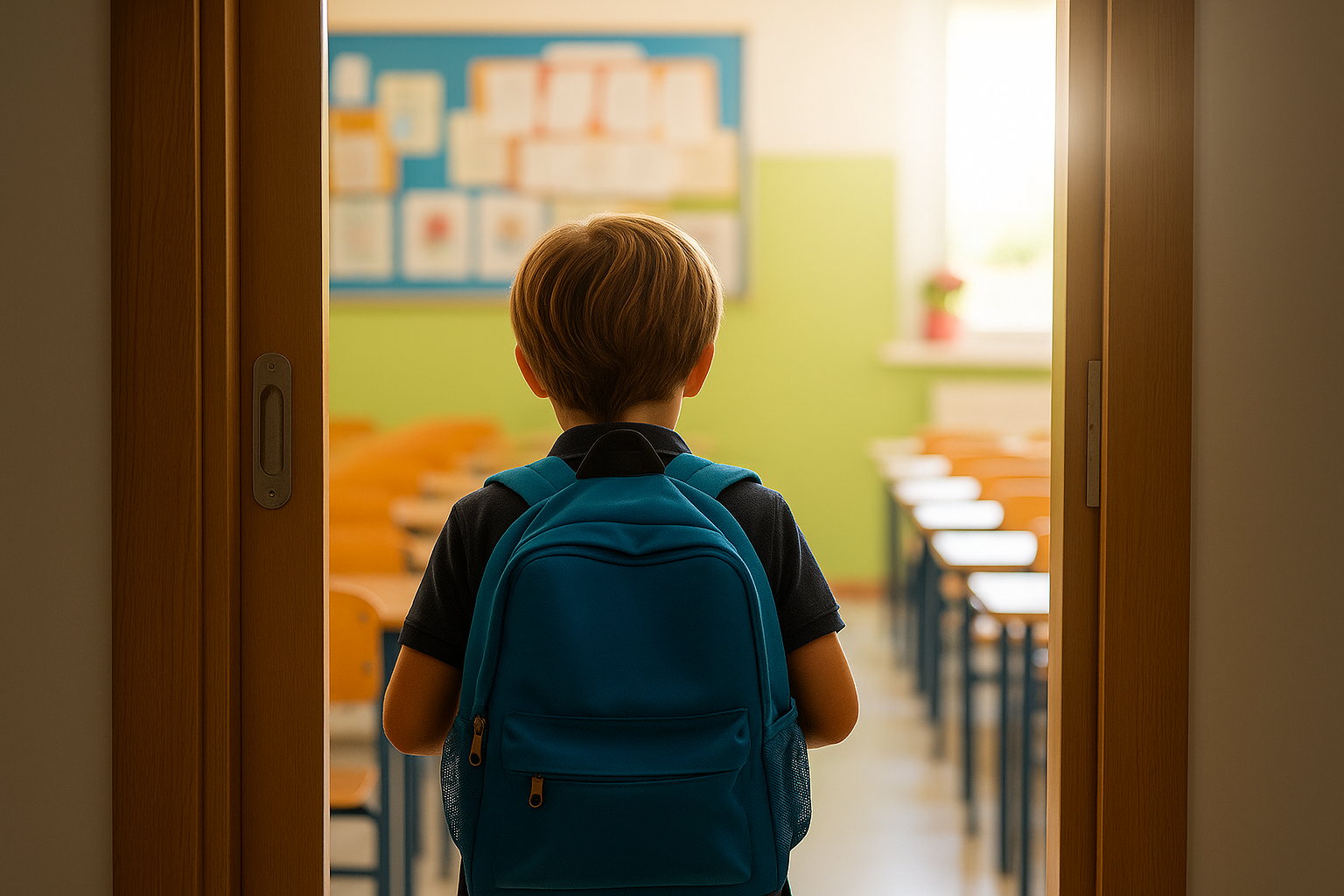Netherlands Drops in Child Rights Ranking: ‘Well-being Under Pressure Due to Social Media’

The Netherlands has fallen out of the top 20 in the annual KidsRights Index, landing in 21st place in the 2025 edition—a stark decline from its once lofty position in third place in 2013.
Key Drivers Behind the Decline
- Falling Vaccination Rates
The reduced immunisation coverage among children aged nine and older has raised alarms, particularly as the rates have dipped below the WHO’s critical threshold. This trend signals a growing public health vulnerability and indicates weaknesses in vaccination outreach and education strategies. - Insufficient Response to Digital Threats and Mental Health Crisis
The 2025 KidsRights Index spotlights a pressing mental health emergency among youth, with over 14% of children aged 10–19 experiencing psychological problems, and a troubling rise in suicide attempts linked to intensive social media and internet use. Despite bans on mobile phones in schools, the overall response from authorities is deemed “inadequate”. Organizations such as UNICEF and KidsRights argue that the Netherlands remains ill-prepared for the digital realities facing youth. - Structural Challenges in Youth Care and Social Protection
Long-standing systemic issues continue to hold back progress—youth care remains under pressure, asylum-seeking children face inadequate living conditions, and childhood poverty persists as a critical concern. - Policy and Governance Deficiencies in Key Sectors
The decline is also attributed to a lack of coherent policy and decision-making in areas such as asylum and migration, child protection, and youth health services.
The Digital Imperative: A Complete Ban on Phones and Social Media for Minors
The core of the children’s well-being crisis in the Netherlands—and globally—is rooted in the unchecked exposure of minors to smartphones and social media. The data is no longer debatable: rising rates of depression, anxiety, self-harm, and suicide attempts correlate directly with increased digital consumption among youth. Behind these statistics lies a brutal reality—our children are under siege in a digital environment designed for profit, not protection.
Stop Child Abuse maintains an unequivocal stance:
Mobile phones should be kept out of the hands of all minors. Period.
Social media is neither social nor safe—it is irreversibly damaging to children’s mental, emotional, and developmental health.
Token measures such as screen-time restrictions, classroom bans, or parental controls are insufficient. They placate the public but fail to confront the root cause. As long as digital platforms are engineered to exploit attention and amplify harmful content, no protective framework will be adequate.
We therefore call for decisive policy action, grounded in child-first principles:
- A total ban on smartphone ownership and unsupervised internet access for minors.
- Legally enforced prohibitions on all social media usage by anyone under 18.
- Heavy regulation of digital device manufacturers and tech platforms that target children, with criminal liability for violations.
- A cultural shift back toward real-world socialisation, outdoor activity, and community-based child development.
This is not about nostalgia or technophobia. It is about survival. Children cannot advocate for themselves against trillion-dollar tech interests—so we must do it for them.

